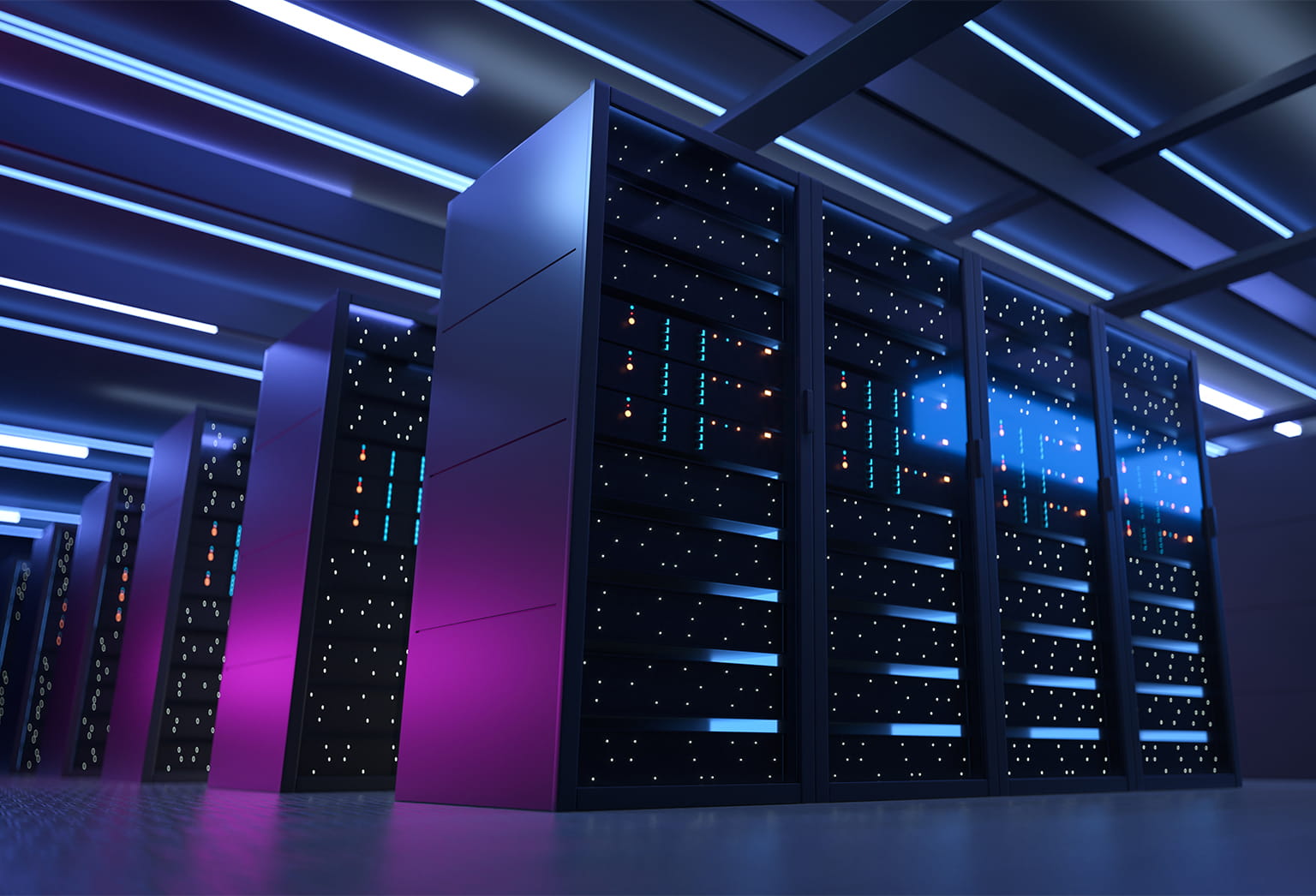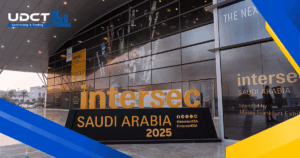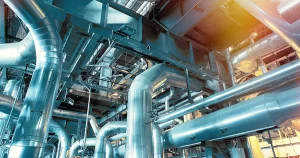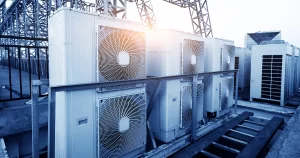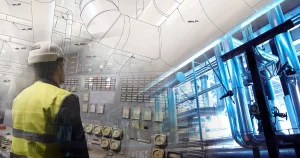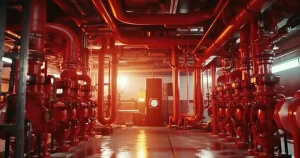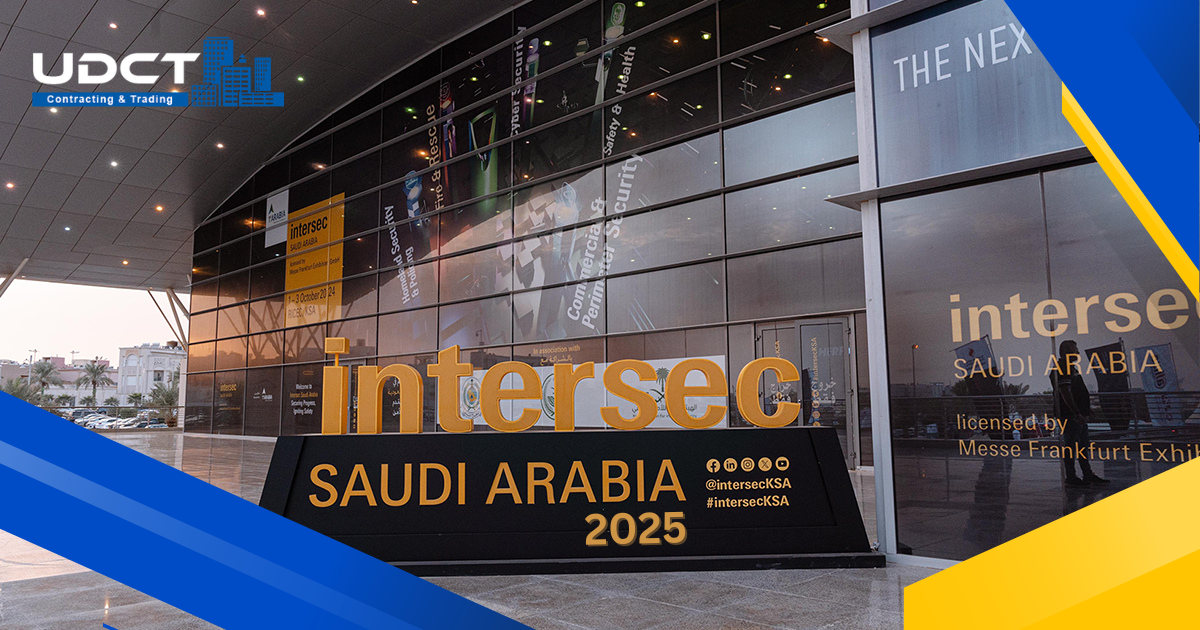Information center servers and capacity arrangements are basic components of the present-day IT foundation. In today’s data-driven world, businesses and organizations depend intensely on information data center to store, handle, and oversee tremendous sums of information. As a result, it’s fundamental to have solid and adaptable server and capacity arrangements input to guarantee that information is secure and open at all times. From rack servers to arrange joined capacity (NAS) and cloud-based arrangements, there are different alternatives accessible for information center server and capacity arrangements. In this web journal post, we’ll investigate the distinctive sorts of server and capacity arrangements accessible and talk about the factors to consider when choosing the most excellent arrangement for your information center needs.
Introduction to Data Center Server and Storage Solutions
Information center server and capacity arrangements allude to the equipment and computer program components utilized in an information center to store, prepare, and oversee information. These arrangements are planned to supply dependable, versatile, and high-performance computing and capacity capabilities to meet the requests of advanced businesses and organizations. Information centers are basic for a wide run of applications, from web facilitating to endeavor asset arranging and huge information analytics. In this blog post, we are going to investigate the diverse sorts of server and capacity arrangements accessible for information centers and examine their points of interest and impediments.
What are Data Center?
Information centers are specialized offices that are planned to store, handle, and oversee huge sums of information. They regularly house huge numbers of servers, capacity frameworks, and organizing gear, as well as cooling and control conveyance frameworks to guarantee that the hardware works dependably and productively. Information centers are utilized by a wide range of organizations, from little businesses to expansive undertakings, to bolster basic applications and administrations, such as web facilitating, e-mail, cloud computing, and enormous information analytics. Due to the basic nature of the applications and administrations they bolster, information centers are planned to be exceedingly secure, with progressed physical and coherent security measures in put to ensure against unauthorized get to, cyber assaults, and other dangers.
Importance of Data Center Server and Storage Solutions
Information center servers and capacity arrangements are fundamental for the correct working of advanced businesses and organizations. They play a vital part in putting away, handling, and overseeing huge sums of information, which is crucial for decision-making, client benefit, and other trade operations. Solid and adaptable server and capacity arrangements are basic for guaranteeing that information is accessible and open at all times, which is basic for keeping up commerce coherence and avoiding downtime. Information center server and storage solutions to empower businesses to take advantage of rising innovations, such as cloud computing and huge information analytics, which can offer assistance to make strides in effectiveness, decrease costs, and drive development. In expansion, information center arrangements are outlined with progressed security highlights to secure against unauthorized get to, information breaches, and other cyber dangers, which is basic for keeping up the astuteness and secrecy of delicate commerce information.
Types of Data Center Server and Storage Solutions
There are various types of data center server and storage solutions available, each with its own unique set of advantages and disadvantages. Some of the most common types of server solutions used in data centers include:
1. Rack Servers: Rack servers are a popular option for data centers due to their scalability and flexibility. They are designed to be installed in standard racks, which allows for easy management and expansion. Rack servers are ideal for businesses that require a large number of servers in a relatively small space.
2. Blade Servers: Blade servers are similar to rack servers, but they are more compact and flexible. They are designed to be installed in a blade chassis, which allows for easy management and expansion. Blade servers are ideal for businesses that require a high degree of scalability and flexibility.
3. Tower Servers: Tower servers are designed for smaller businesses or organizations that require a single server. They are typically less expensive than rack or blade servers and are ideal for businesses with limited space or budgets.
Some of the most common types of storage solutions used in data center include:
1. Network Attached Storage (NAS): NAS is a storage solution that is connected to a network, allowing multiple users to access the exact data simultaneously. NAS is ideal for businesses that require scalable and flexible storage solutions.
2. Storage Area Network (SAN): SAN is a high-performance storage solution that is designed to provide fast and reliable access to data. SAN is ideal for businesses that require high-speed access to large amounts of data.
3. Cloud-Based Storage Solutions: Cloud-based storage solutions are an alternative to traditional data center storage. They allow businesses to store data in the cloud, which provides greater flexibility and scalability. Cloud-based storage solutions are ideal for businesses that require access to data from multiple locations or devices.
Rack Servers: A Popular Data Center Server Solution
Rack servers are a prevalent choice for information center server arrangements due to their versatility and adaptability. They are outlined to be introduced in standard racks, which permit simple administration and extension. Rack servers ordinarily have a thin shape figure that spares space, making them perfect for information centers where space is at a premium.
Rack servers are accessible in different sizes and arrangements, depending on the wants of the commerce. They can run from a single server to a full rack of servers, and they can be customized to meet the particular prerequisites of commerce. Rack servers are moreover outlined for simple support, with hot-swappable components that can be supplanted without closing down the server.
One of the key points of interest in rack servers is their adaptability. Businesses can effortlessly include or evacuate servers as required, which permits them to rapidly adjust to changing trade necessities. Rack servers also offer high-density computing, which suggests that businesses can pack a huge number of servers into a generally little space, lessening the by and large impression of the information center.
In any case, rack servers moreover have some disadvantages. They can create a significant sum of warmth, which needs proficient cooling frameworks to preserve ideal working temperatures. Rack servers can moreover be more troublesome to oversee and keep up compared to other server arrangements, especially in case the information center is utilizing different sellers for diverse server components.
Despite these challenges, rack servers stay a well-known choice for information center server arrangements due to their adaptability, adaptability, and cost-effectiveness.
Network Attached Storage (NAS): A Scalable Storage Solution for Data Center
Organized Joined Capacity (NAS) may be a capacity arrangement that’s associated with an organization, allowing multiple users to get to the same information at the same time. NAS may be a well-known choice for information center capacity arrangements due to its versatility and adaptability.
NAS frameworks regularly comprise one or more difficult drives that are associated with an arrangement, alongside a committed capacity gadget or the server that oversees the information. This permits businesses to effortlessly store and share information over numerous gadgets and areas.
One of the key focal points of NAS is its versatility. Businesses can effortlessly include extra difficult drives or extend their NAS capacity as required, without having to replace the whole capacity framework. This permits businesses to rapidly adjust to changing capacity necessities and dodge the fetch of supplanting their capacity foundation.
NAS is additionally an adaptable capacity arrangement that can be customized to meet the particular needs of commerce. Numerous NAS frameworks offer an extent of highlights, such as information reinforcement and recuperation, inaccessible get-to, and bolster for diverse record frameworks and conventions.
In any case, there are too few challenges related to NAS capacity arrangements. NAS frameworks can be defenseless to security dangers, especially if they are not appropriately secured or overseen. They can too be more troublesome to oversee and keep up compared to other capacity arrangements, especially on the off chance that the information center is utilizing different sellers for diverse capacity components.
Despite these challenges, NAS remains a prevalent choice for information center capacity arrangements due to its versatility, adaptability, and cost-effectiveness.
Storage Area Network (SAN): A High-Performance Storage Solution for Data Center
Capacity Range Arrange (SAN) may be a high-performance capacity arrangement that’s planned for information centers with huge capacity necessities. SAN frameworks regularly comprise one or more capacity gadgets or clusters that are connected to an organization utilizing Fiber Channel or iSCSI conventions, at the side committed capacity switches that oversee the stream of information.
SAN may be a well-known choice for information center capacity arrangements due to its tall execution, adaptability, and unwavering quality. SAN frameworks can give high-speed access to information, with moo inactivity and tall transmission capacity, making them perfect for applications that require high-performance capacities, such as database applications or virtualization.
SAN is additionally an adaptable capacity arrangement that can be effectively extended to meet the developing capacity prerequisites of commerce. SAN frameworks can be arranged to bolster numerous servers and applications, permitting businesses to centralize their capacity foundation and rearrange their information administration.
In any case, SAN frameworks can be more complex and costly compared to other capacity arrangements, especially if the trade requires specialized equipment or program. SAN frameworks moreover require committed capacity switches and cabling, which can increment the generally fetched capacity foundation.
Despite these challenges, SAN remains a prevalent choice for information center capacity arrangements due to its tall execution, versatility, and unwavering quality.
Cloud-Based Storage Solutions: An Alternative to Traditional Data Center Storage
Cloud-based capacity arrangements are elective to conventional information center capacity arrangements that are getting to be progressively well known. Cloud capacity arrangements permit businesses to store and get to their information over the web, utilizing inaccessible servers and frameworks that are overseen by a third-party supplier.
Cloud capacity arrangements offer several points of interest over conventional information center capacity arrangements, counting more noteworthy adaptability, lower taking a toll, and less demanding access to information from different gadgets and areas. Cloud capacity arrangements give more prominent adaptability and nimbleness, permitting businesses to rapidly and effortlessly alter their capacity to meet changing prerequisites.
In any case, there are moreover a few challenges related to cloud capacity arrangements, counting potential security dangers, concerns around information security and compliance, and the requirement for a dependable web network to get to and oversee information.
Despite these challenges, cloud-based capacity arrangements are becoming a progressively well-known choice for businesses that are looking to decrease their capacity costs and rearrange their information administration. Numerous businesses are presently receiving cross-breed cloud capacity arrangements, which combine the benefits of cloud-based and conventional information center capacity arrangements to make a more adaptable and adaptable capacity framework.
Factors to Consider When Choosing Data Center Server and Storage Solutions
When choosing an information center server and capacity arrangements, there are a few components to consider. A few of the key variables incorporate:
● Execution:
The execution of the server and capacity arrangements could be a basic calculation to consider, especially in case the trade requires high-speed access to the information or has requested applications that require high-performance capacity.
● Versatility:
The capacity to scale servers and capacity arrangements to meet the developing needs of the trade is another important figure to consider. Businesses ought to explore arrangements that can be effortlessly extended to meet changing prerequisites without the requirement for major infrastructure changes.
● Unwavering quality:
The unwavering quality of the server and storage solutions is additionally basic, as information center downtime can be expensive for businesses. Search for arrangements that are outlined for tall accessibility and offer excess components and failover alternatives.
● Cost:
The fetching of server and capacity arrangements is a critical consideration for businesses, as these arrangements can speak to critical speculation. Businesses ought to explore arrangements that offer a great adjustment between taking a toll and execution, which provide a strong return on the venture.
● Security:
Information security may be a major concern for businesses, especially in businesses such as healthcare and funds where delicate information is being stored. Businesses ought to seek server and capacity arrangements that offer vigorous security highlights and are outlined to ensure against cyber dangers.
● Ease of administration:
At long last, We -in UDCT– consider the ease of administration of server and capacity arrangements. Search for our arrangements that offer easy-to-use administration apparatuses which can be effortlessly coordinated with existing IT frameworks to streamline information administration and organization.
Conclusion and Final Thoughts
In rundown, businesses ought to select information data center server and capacity arrangements that are dependable, versatile, high-performing, secure, cost-effective, and simple to oversee. By doing so, they can construct a strong and proficient IT framework that can bolster their information administration and capacity needs both presently and in the future.

